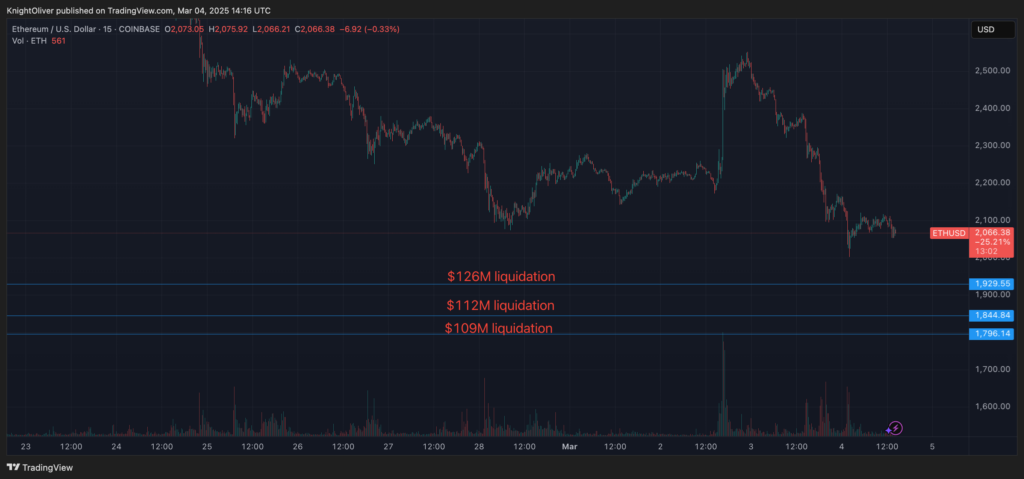The Bank of Israel has recently unveiled a preliminary design concept for a central bank digital currency (CBDC), paving the way for potential future implementation. This exciting development revolves around the introduction of the digital shekel (DS), which is envisioned as a “multipurpose” digital currency.
Understanding the Multipurpose Digital Shekel
In a detailed paper released on Tuesday, the Bank of Israel articulated its vision for the digital shekel, highlighting its dual functionality. The proposed DS aims to cater to both retail and wholesale needs, making it a versatile tool for various stakeholders in the economy.
According to the central bank, “The DS will be a multipurpose digital currency that will address both the retail needs of end users such as households and businesses as well as the wholesale needs of financial entities.” This approach positions the digital shekel as a modern equivalent of cash while simultaneously enhancing the existing settlement systems used by financial institutions.
Enhancing Financial Transactions with Smart Features
One of the most significant advantages of the proposed digital shekel is its capability to incorporate “smart” features. These include composability and programmability, which could revolutionize how financial transactions are conducted. By integrating advanced functionalities, the digital shekel could streamline processes and provide innovative solutions to everyday financial challenges.
Cautious Steps Toward Implementation
Despite the promising design, the Bank of Israel has made it clear that no definitive decision has been reached regarding the issuance of a CBDC. The design concept should be viewed as preliminary, signaling that further discussions and evaluations are necessary before any official steps are taken toward implementation.
Global Trends in Central Bank Digital Currencies
The exploration of CBDCs is not limited to Israel; central banks across nearly all developed economies have been investigating the potential benefits and challenges of digital currencies for several years. Proponents of CBDCs argue that they could enhance financial inclusion and provide a safeguard for fiat currencies amid declining cash usage.
However, these digital currencies are not without their critics. Concerns have been raised about the potential for increased state control over monetary transactions, leading to debates about privacy and autonomy in financial dealings.
Conclusion
As the Bank of Israel continues to explore the possibilities of a digital shekel, the discussion surrounding CBDCs remains vibrant and complex. The proposed design represents a significant step toward modernizing financial systems, but the ultimate decision on its implementation will require careful consideration of the broader implications for society.



